For many years doctors based their plans for the preventive care of well patients on the opinions of recognized regional and national experts. Because these opinions were drawn from physicians’ personal experiences and were prone to bias, medical leaders looked for a new way to provide accurate and up-to-date recommendations.
In 1984 the United States Preventive Services Task Force—an independent, volunteer panel of experts in prevention and evidence-based medicine—was created and tasked to improve the health of Americans by making evidence-based (rather than opinion-based) recommendations about clinical preventive services such as screenings, counseling services, and preventive medications. Task force members come from a variety of fields of preventive medicine and primary care, and their recommendations are based upon a rigorous review of existing peer-reviewed evidence. All recommendations are published on the Task Force’s website and\or in peer-reviewed journals.
These recommendations apply only to people who have no signs or symptoms of the specific disease or condition under evaluation, and the recommendations address only services offered in the primary care setting or services referred by a primary care physician. Common recommendations include when to perform Pap smears, mammograms, and screenings for colon cancer
The current USPSTF recommendations can be viewed at https://www.uspreventiveservicestaskforce.org/Page/Name/recommendations.
